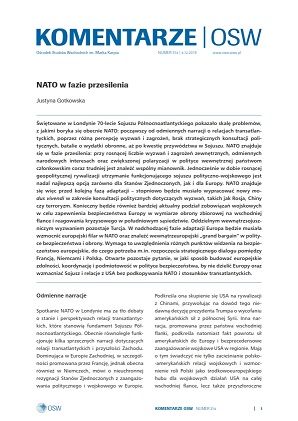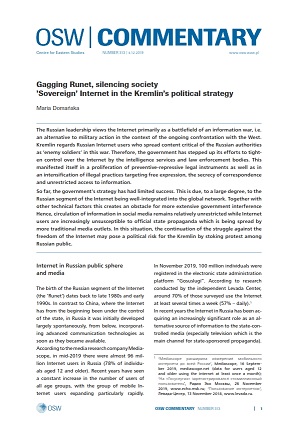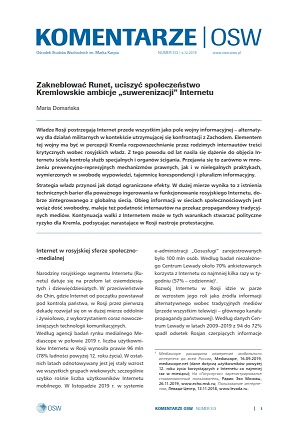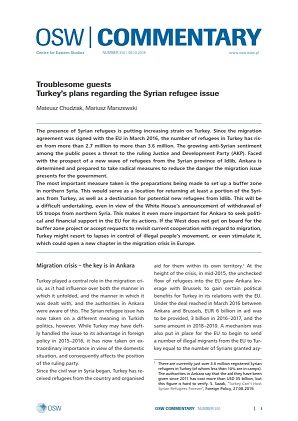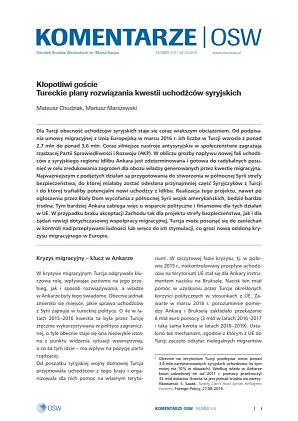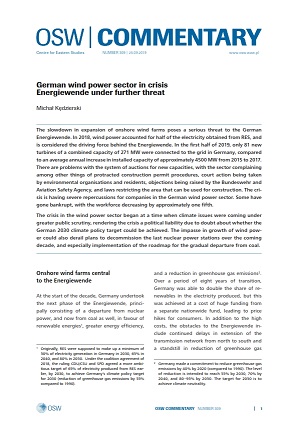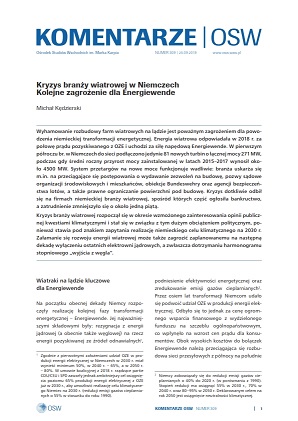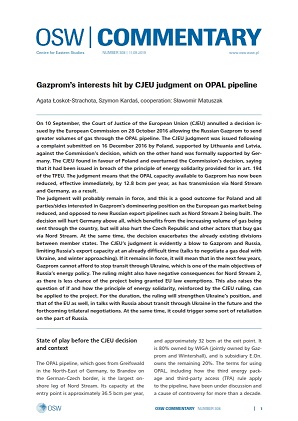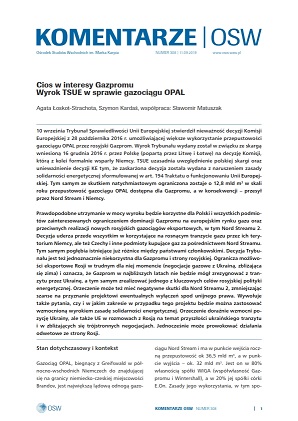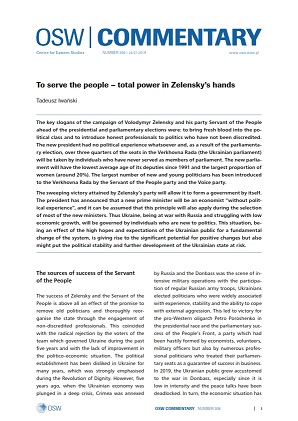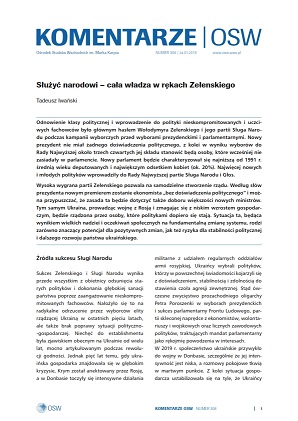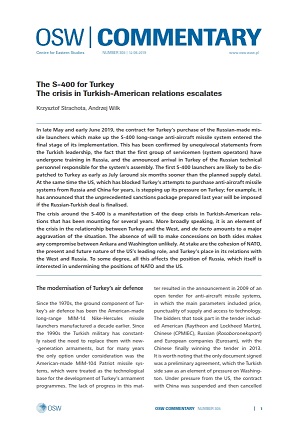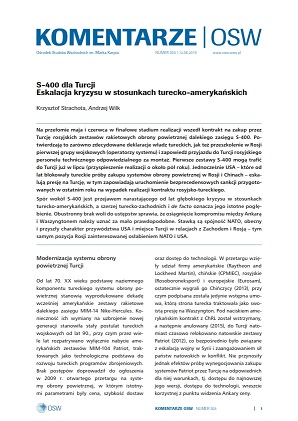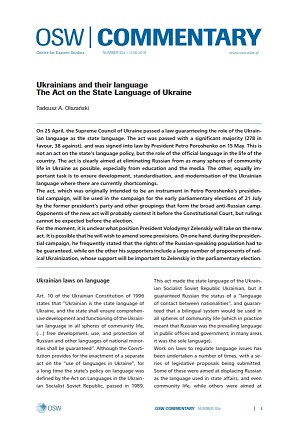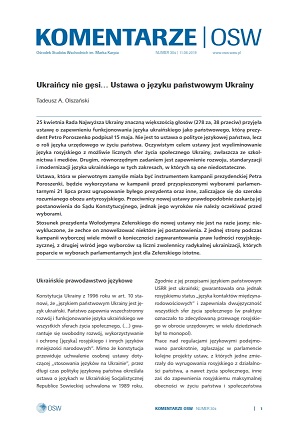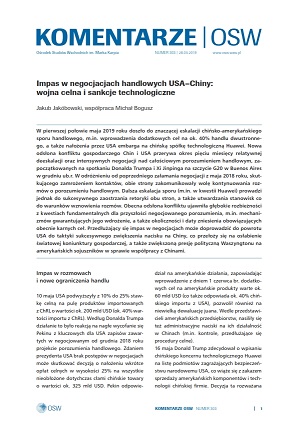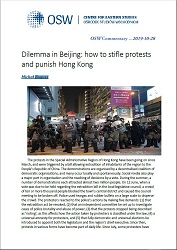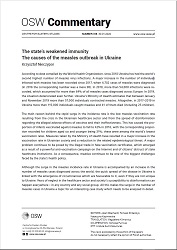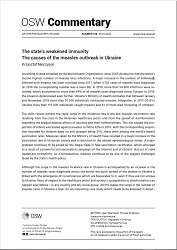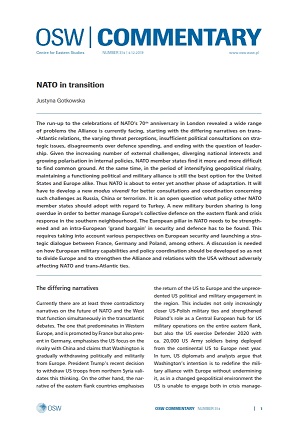
NATO in transition
NATO in transition
Keywords: NATO; trans-Atlantic relations; politics; strategy; defense and security; military policy;
The run-up to the celebrations of NATO’s 70th anniversary in London revealed a wide range of problems the Alliance is currently facing, starting with the differing narratives on trans-Atlantic relations, the varying threat perceptions, insufficient political consultations on strategic issues, disagreements over defence spending, and ending with the question of leadership. Given the increasing number of external challenges, diverging national interests and growing polarisation in internal policies, NATO member states find it more and more difficult to find common ground. At the same time, in the period of intensifying geopolitical rivalry, maintaining a functioning political and military alliance is still the best option for the United States and Europe alike. Thus NATO is about to enter yet another phase of adaptation. It will have to develop a new modus vivendi for better consultations and coordination concerning such challenges as Russia, China or terrorism. It is an open question what policy other NATO member states should adopt with regard to Turkey. A new military burden sharing is long overdue in order to better manage Europe’s collective defence on the eastern flank and crisis response in the southern neighbourhood. The European pillar in NATO needs to be strengthened and an intra-European ‘grand bargain’ in security and defence has to be found. This requires taking into account various perspectives on European security and launching a strategic dialogue between France, Germany and Poland, among others. A discussion is needed on how European military capabilities and policy coordination should be developed so as not to divide Europe and to strengthen the Alliance and relations with the USA without adversely affecting NATO and trans-Atlantic ties.
More...
